French president visits Algeria as colonial wounds still fester
French President Emmanuel Macron has arrived in the country’s former colony Algeria on a visit aimed at boosting the North African nation’s gas deliveries to Europe amid a rapidly worsening energy crisis in the continent.
Macron's office claimed his three-day visit to the energy-rich Algeria – which marked the 60th anniversary of its independence this year -- aims to "lay a foundation to rebuild and develop" a sometimes difficult relationship with the nation whose existence before French occupation he questioned last year.
"We didn't choose the past, we inherited it," Macron asserted at a joint press conference Thursday evening alongside his Algerian counterpart Abdelmadjid Tebboune, vowing to open a “new page” in bilateral ties.
"We must look at it and recognize it, but we have a responsibility to build our future for ourselves and our youth," said Macron, the first French president to be born since Algerian independence in 1962.
Tebboune, for his part, hailed the "positive dynamic" in their ties, pointing to "promising prospects for improving the special partnership that binds us."
The new-found warmth comes after particularly stormy relations between the two leaders last year when Macron questioned Algeria's existence as a nation before the French occupation and accused its government of fomenting "hatred towards France."
Tebboune at the time withdrew Algeria’s ambassador to Paris and banned French military aircraft from its airspace.
Macron's office said he "regretted" the misunderstandings caused by his remarks, and his aides insist that both sides have moved on, alluding to the resumption of normal diplomatic ties and overflights to French army bases in sub-Saharan Africa.
The French president also announced on Thursday that the two countries would set up a joint commission of historians to study archives on France's 130 years of colonial rule in Algeria, including the devastating eight-year war of independence.
"We have a common (but) complex and painful past," noted Macron, adding that the researchers would have full access to the archives.
The new mending of ties between Paris and Algiers comes as the two countries have experienced repeated crises over the years.
The French president, however, has long ruled out issuing an apology for the highly sensitive issue of colonialism, but he has reportedly displayed a series of gestures aimed at healing wounds of the past.
In Algiers, few have sympathy toward Macron, who during his first election campaign had described French colonialism as a "crime against humanity" – in an obvious bid to win votes of French voters with Algerian roots.
While French historians claim that only half a million civilians and combatants died during Algeria's bloody war for independence, the country's authorities insist that at least 1.5 million were killed.
Tebboune's office also stated last October that over 5.6 million Algerians were killed during the colonial period.
Reconciliation 'political necessity'
Reacting to Macron’s visit, Algerian media outlets have variably tied it to efforts aimed at boosting Algerian gas exports to France, instability in the Maghreb region, as well as simmering conflicts in the Sahel and Ukraine.
"The French president will certainly ask Algeria to make an effort to try to increase its gas production," said Algerian economist Abderrahmane Mebtoul, as quoted in local news outlets.
Although Macron's office has claimed that gas is not a major feature of the visit, the head of French energy firm Engie, Catherine MacGregor, is part of the Macron-led visiting delegation.
Energy expert Geoff Porter of North Africa Risk Consulting also wrote that Macron's trip had at least two aims: "feeling out Algeria's energy sector stability and potential additional export capacity... and trying to woo Algiers away from some of its other diplomatic relationships," including Russia and China.
According to local media reports, the two leaders are also expected to discuss boosting Algerian gas deliveries to Europe to help fill the vast shortfall amid the persisting conflict in Ukraine that began in February.
European nations are seeking to end their dependence on Russian hydrocarbons, giving Algeria -- Africa's biggest gas exporter with direct pipelines to Spain and Italy -- renewed clout.
Pointing to yet another likely objective of Macron’s visit, Algerian analyst Mansour Kedidir was quoted as saying that "given the instability in the Maghreb region, conflicts in the Sahel and the war in Ukraine, improving ties between France and Algeria is a political necessity."
Tebboune confirmed that he and Macron had discussed how to bring stability to Libya, the Sahel region, and the disputed territory of Western Sahara.
The development came days after the West African nation of Mali, another former colony of France, celebrated the withdrawal of French occupation forces in the country, with the government insisting that the pullout ushered in better security for its people.
"People's security will be considerably improved," said government spokesman Abdoulaye Maiga in a statement last week, saying that the French withdrawal "reassures the Malian population that, thanks to the rise in power of the brave Malian forces, more successes will be recorded against the terrorist groups."
The government "takes note of this final withdrawal," Maiga noted in the official statement after France declared earlier in the week that its last remaining troops had left Mali.
It came after Mali’s Foreign Minister Abdoulaye Diop blamed French forces in his country for "acts of aggression" and sponsoring Daesh-linked terrorists.
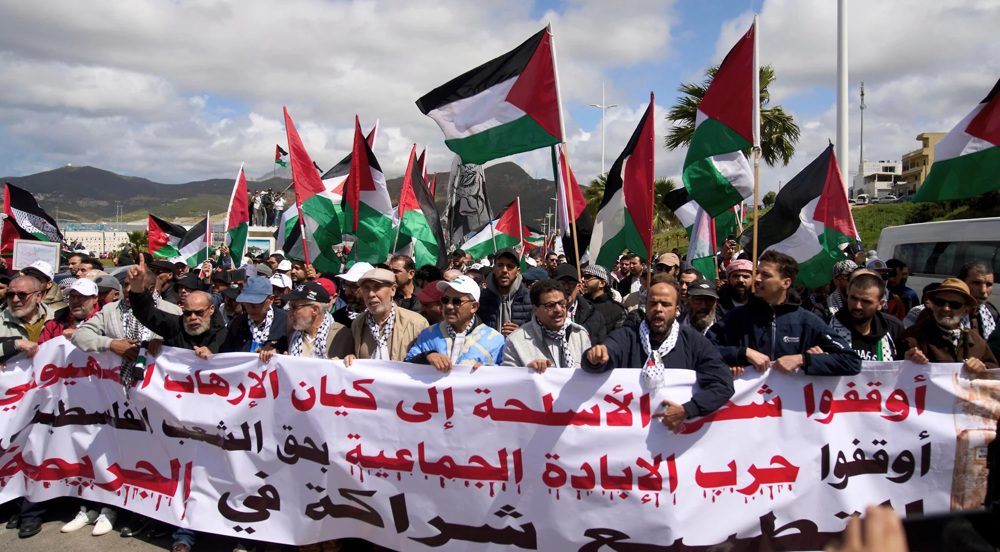
Moroccan port workers protest Maersk ship carrying F-35 parts to Israel
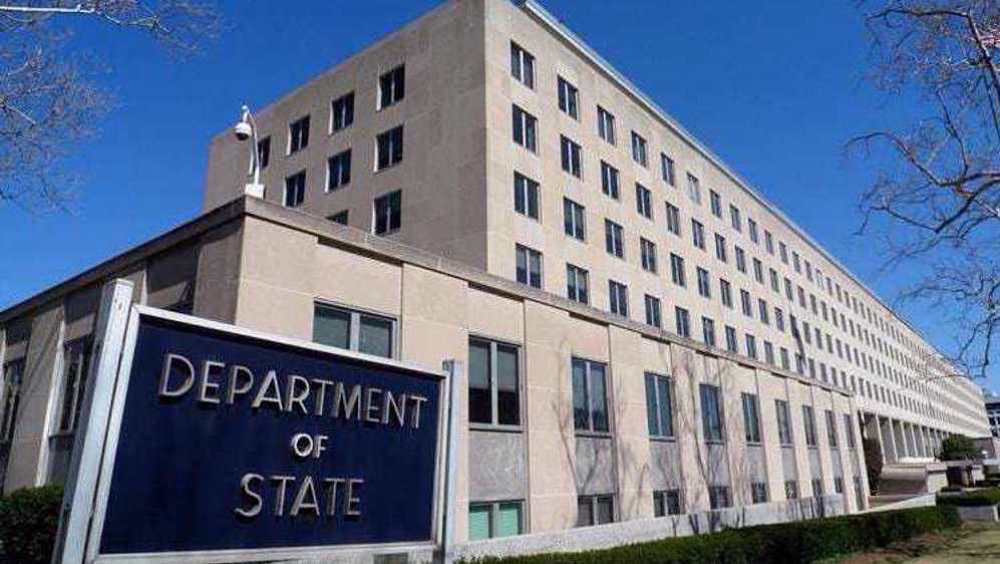
US approves potential sale of Stinger missiles to Morocco
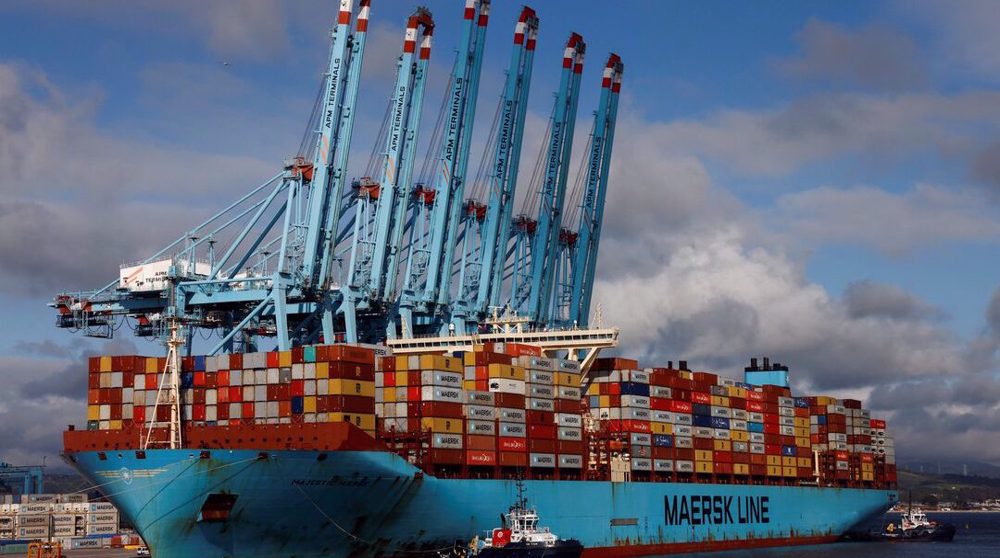
Morocco calls for boycott of Maersk ship over arms deliveries to Israel
Yemeni ballistic missile triggers sirens across Israeli-occupied territories
VIDEO | Press TV's news headlines
VIDEO | Russia to begin gas supplies to Iran via Azerbaijan, boosting energy ties
VIDEO | Protesters in Damascus slam Arab silence on Gaza
VIDEO | S African protestors decry America’s ongoing support for global aggression
VIDEO | Spokesperson: EU committed to diplomatic solution with Iran
Iran, Oman discuss arrangements for third round of indirect Tehran-Washington talks
Iran offers mediation as India-Pakistan tensions escalate


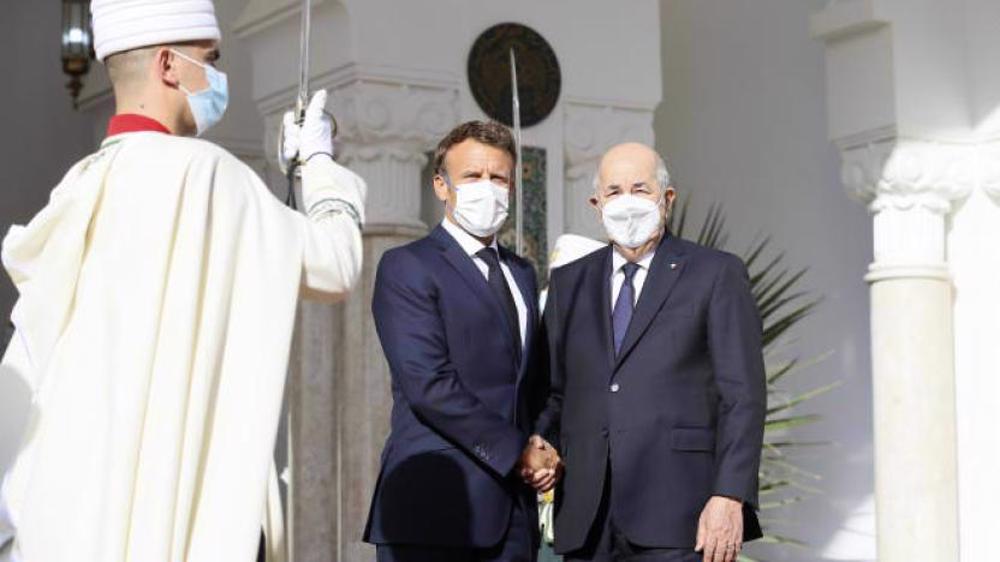
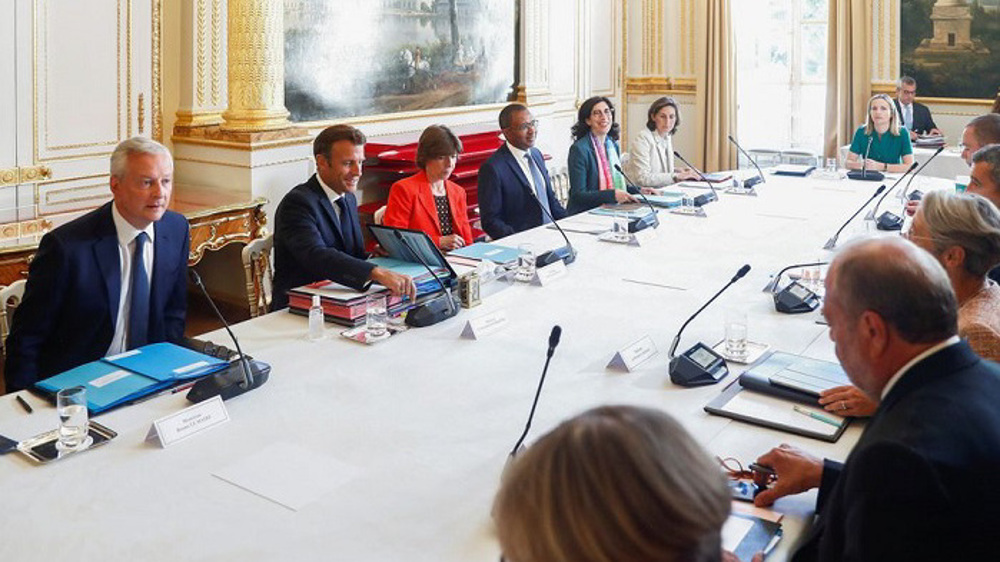
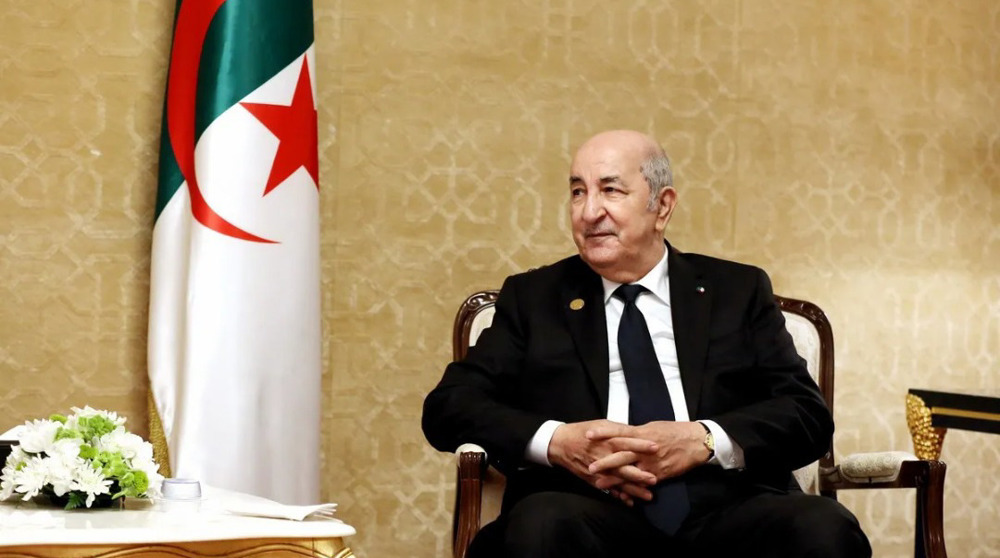
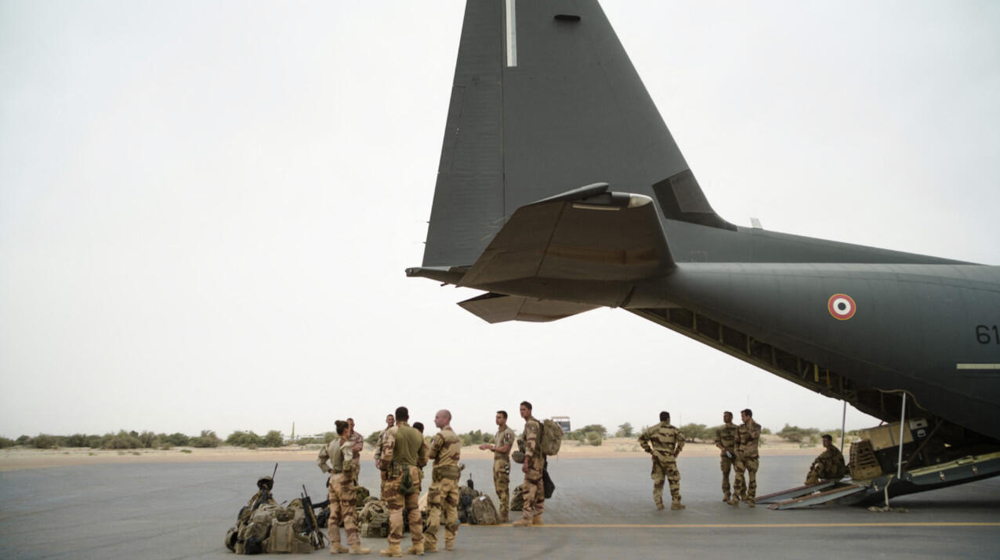



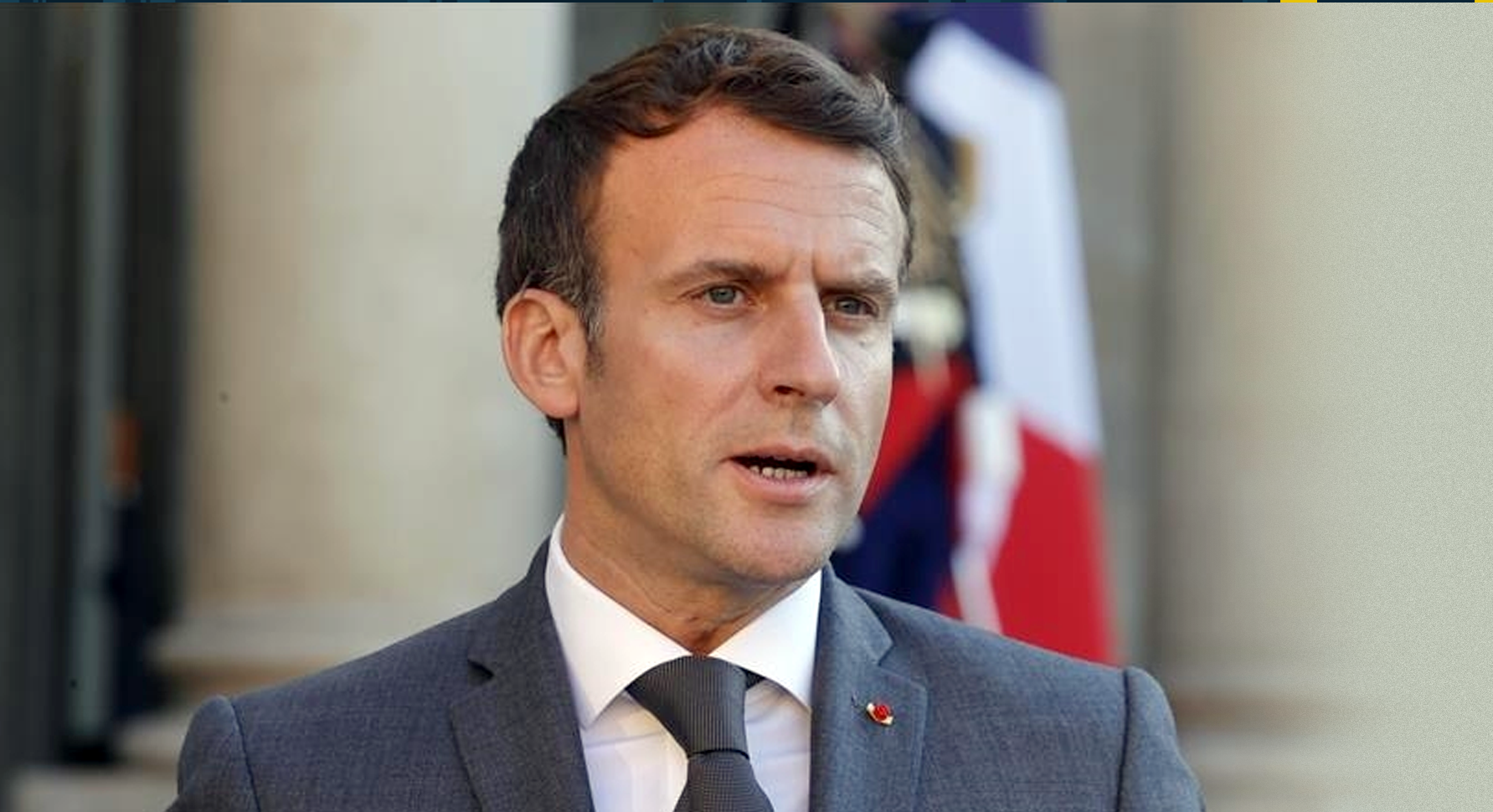
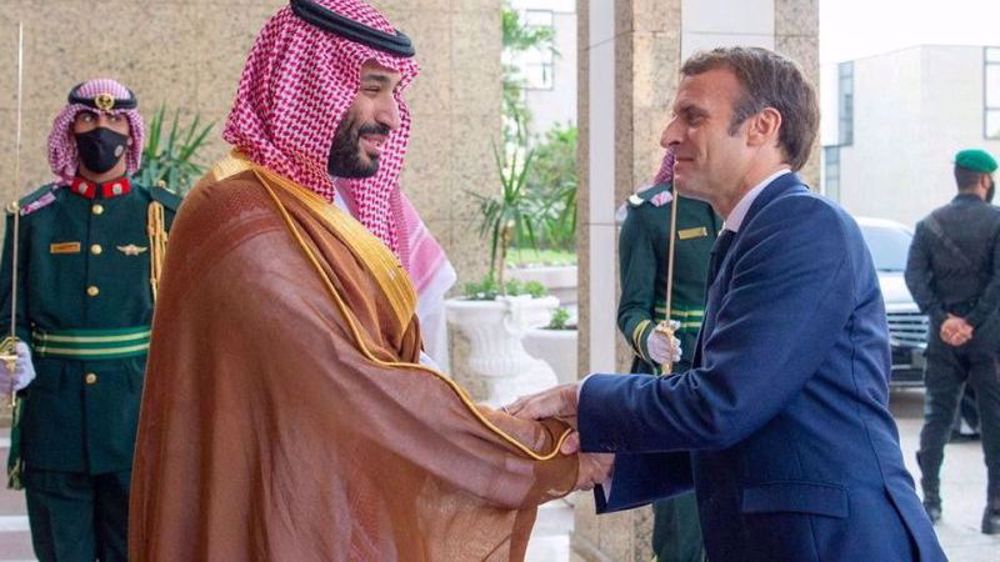
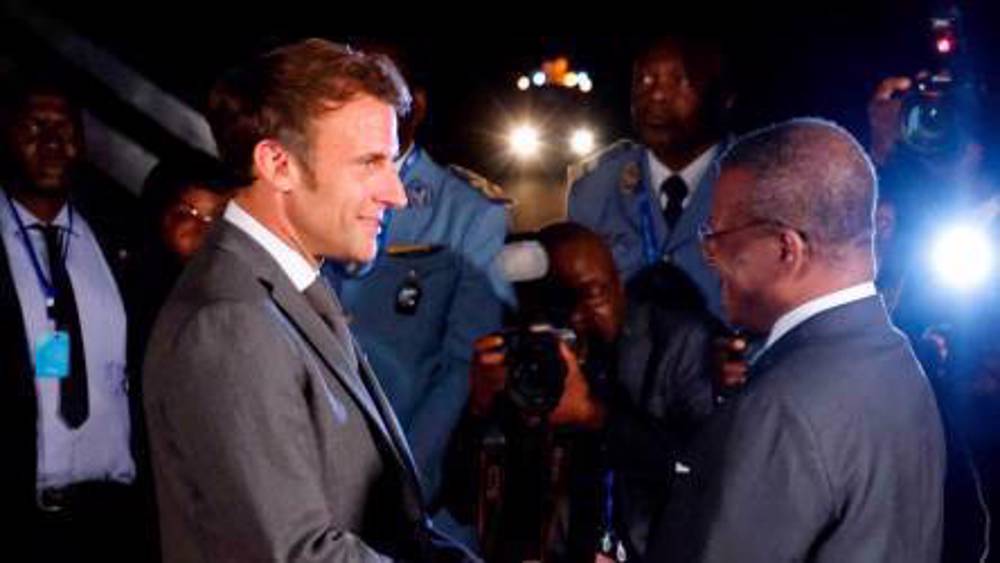

 This makes it easy to access the Press TV website
This makes it easy to access the Press TV website